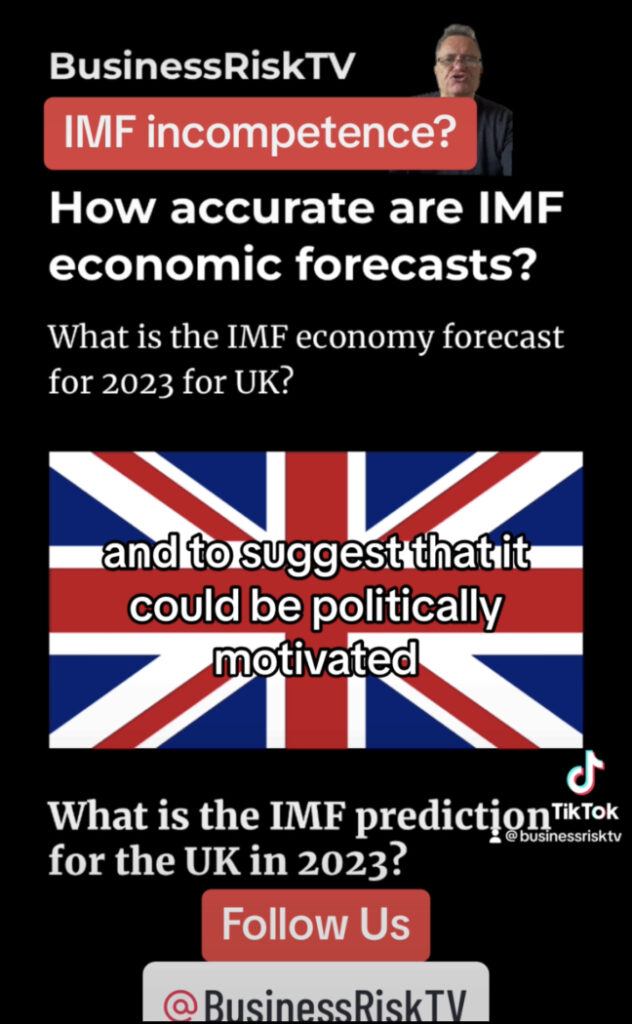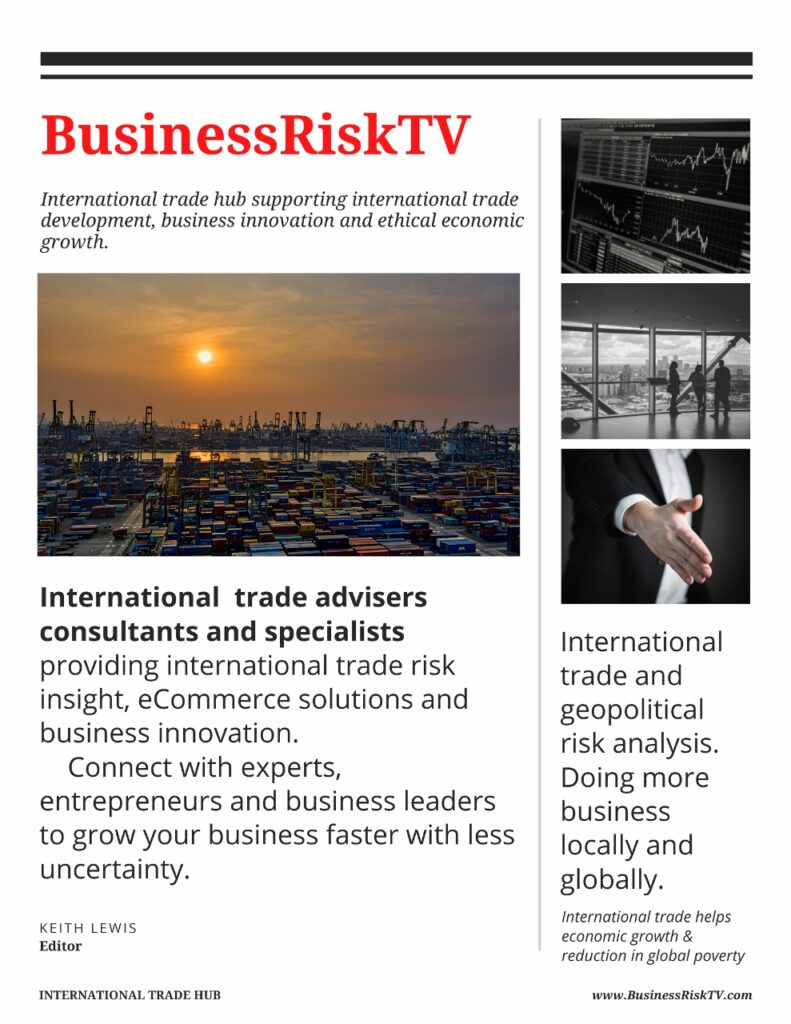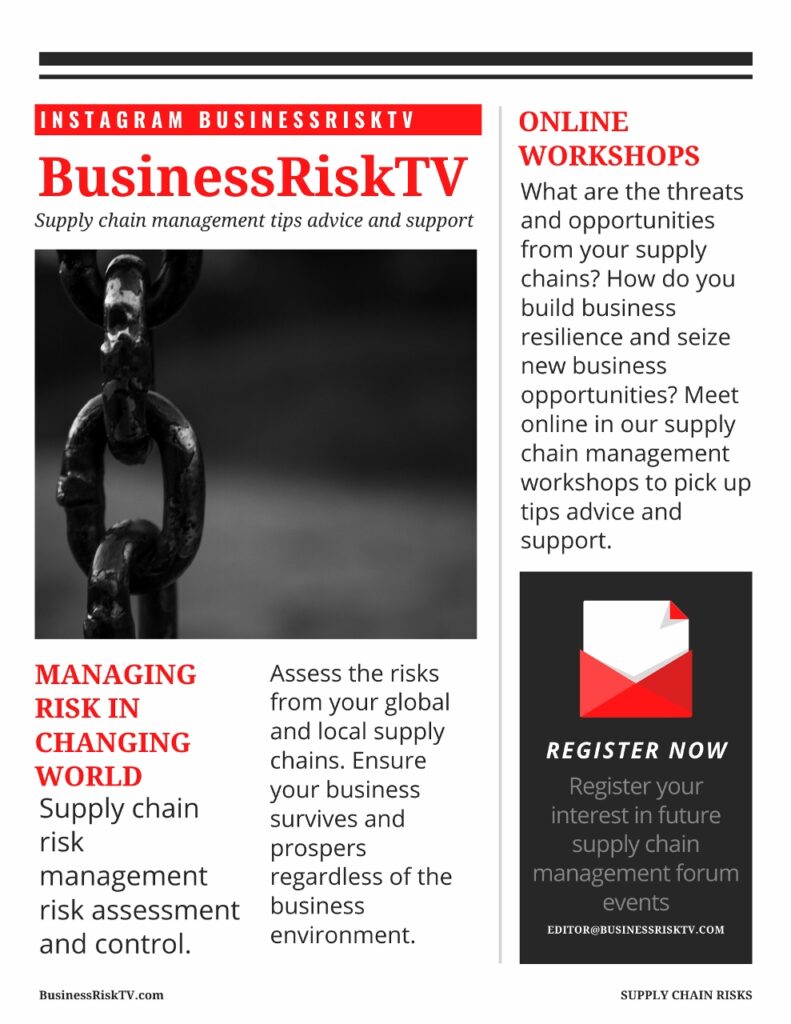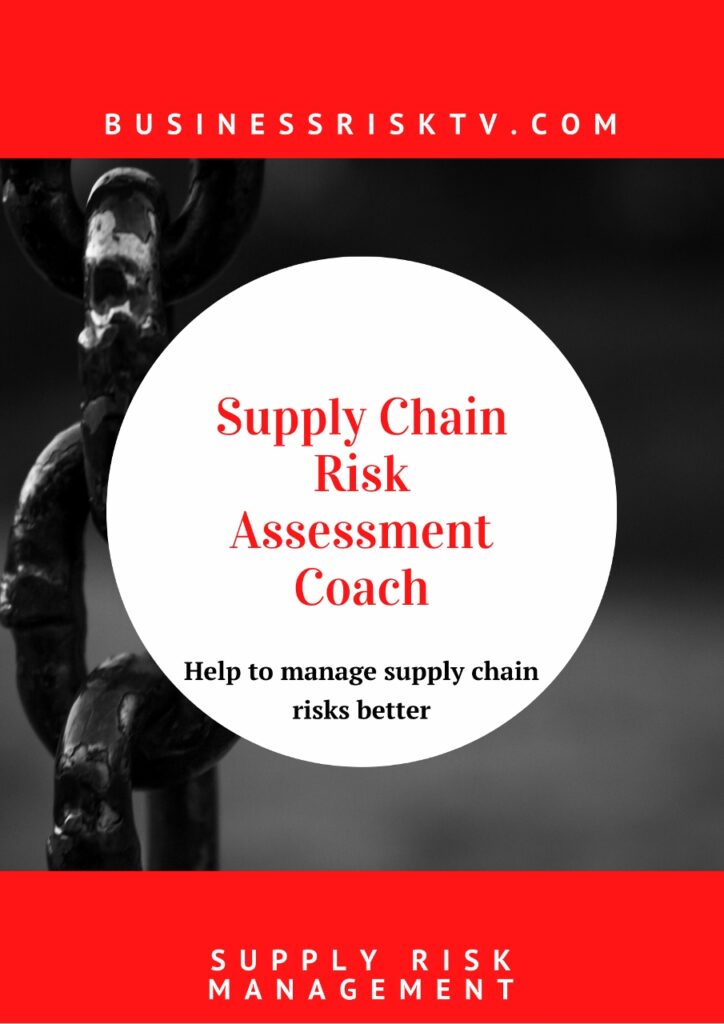Unlocking Originality: Embracing the Power of Being Wrong
Imagine the world without electricity, penicillin, or the Wright Brothers’ first flight. These groundbreaking innovations were born not from the pursuit of guaranteed success, but from the willingness to challenge established norms and embrace the possibility of being wrong. This seemingly counterintuitive approach forms the bedrock of originality, a vital force in art, science, business, and every facet of human endeavour.
However, ingrained fears of judgment, failure, and societal expectations often create a formidable barrier to embracing “wrongness.” This article delves into the profound connection between accepting the possibility of being wrong and unlocking our capacity for genuine originality.
We’ll explore the psychological and societal factors that fuel the fear of being wrong, illuminating its detrimental effects on creativity and innovation. We’ll then showcase the transformative power of embracing “wrongness” as fuel for growth, highlighting how mistakes can be stepping stones to remarkable breakthroughs. Finally, we’ll equip you with practical strategies to cultivate a growth mindset, fostering an environment where experimentation, open dialogue, and learning from failures are celebrated.
By the end of this journey, you’ll be armed with the knowledge and tools to dismantle the fear of being wrong, unlocking a world of creative possibilities and propelling yourself towards truly original contributions in your chosen field.
1. The Fear of Being Wrong: A Creativity Killer
Our aversion to being wrong is deeply ingrained. From childhood, we’re conditioned to avoid mistakes, fearing punishment and social disapproval. This fear stems from a complex interplay of psychological factors:
- Fear of judgment: We dread the negative evaluations of others, the potential ridicule and ostracisation that might accompany being wrong. This fear, rooted in our need for social belonging, can stifle creative expression and risk-taking.
- Fear of failure: Being wrong often equates to failure, a potent symbol of inadequacy and self-doubt. This fear can paralyse us, preventing us from venturing beyond the familiar and comfortable, even when it limits our potential.
- Fear of the unknown: Stepping outside established norms often means venturing into uncharted territory, a realm fraught with uncertainty. This fear of the unknown can trap us in safe but stagnant routines, hindering the exploration necessary for originality.
Beyond individual psychology, societal pressures also contribute to the fear of being wrong. Educational systems often prioritise conformity and repetition over critical thinking and experimentation. Similarly, many workplaces reward adherence to established norms, discouraging the questioning of existing processes and the pursuit of unconventional solutions.
The consequences of these fears are far-reaching. In art, it can lead to derivative works, uninspired by the exploration of new ideas. In science, it can stifle groundbreaking discoveries born from challenging established paradigms. In business, it can limit innovation and hinder the development of solutions that truly address evolving needs.
2. Embracing “Wrongness”: The Seedbed of Originality
Embracing the possibility of being wrong isn’t about condoning recklessness or promoting ignorance. It’s about recognising the inherent value of mistakes as stepping stones in the learning process. This shift in perspective unlocks a powerful force for originality:
- Fuel for growth: Mistakes provide invaluable feedback, highlighting areas for improvement and propelling us towards better solutions. This iterative process, where we learn from wrong turns and refine our approaches, is the lifeblood of innovation.
- Gateway to exploration: The fear of being wrong often confines us to the familiar. By embracing the possibility of missteps, we open ourselves to exploring new avenues, experimenting with unconventional ideas, and venturing beyond the well-trodden paths.
- Catalyst for breakthroughs: History is replete with examples of groundbreaking discoveries born from embracing “wrongness.” Alexander Fleming’s serendipitous discovery of penicillin, or the accidental invention of Post-it notes, are testaments to the power of unexpected outcomes leading to remarkable breakthroughs.
Beyond individual stories, organisations that foster a culture of open dialogue, experimentation, and learning from mistakes have reaped significant rewards. Google’s “20% time” policy, where employees are encouraged to dedicate time to personal projects, has led to the development of Gmail and other successful products. Similarly, Pixar’s “Braintrust” culture, where ideas are openly critiqued and refined, has contributed to the studio’s consistent production of critically acclaimed animated films.
3. Cultivating a Growth Mindset: Embracing the Journey
Cultivating a growth mindset, where mistakes are seen as opportunities for learning and growth, is key to unlocking the power of “wrongness.” Here are some strategies to embrace this shift:
- Reframe mistakes: Instead of viewing mistakes as failures, view them as learning experiences. Ask yourself, “What can I learn from this?” and use this knowledge to improve your next attempt.
- Practice self-compassion: Forgive yourself for mistakes. Remember, everyone makes them, and they are often stepping stones to success. Be kind to yourself and avoid dwelling on negativity.
- Embrace risk-taking: Stepping outside your comfort zone is crucial for innovation. Don’t be afraid to experiment, even if it means encountering setbacks. Remember, the only true failure is not trying at all.
- Seek feedback: Actively seek constructive feedback from others. This can be invaluable in identifying blind spots and refining your ideas. Be open to different perspectives and use them to improve your work.
- Celebrate “wrongness”: Create a culture where mistakes are celebrated as learning opportunities. Encourage open dialogue and discussions about challenges, highlighting the valuable insights they bring.
- Foster a growth mindset in others: Share your experiences and insights with others,encouraging them to embrace “wrongness” as a catalyst for personal and collective growth.
4. Caveats and Considerations
Embracing “wrongness” doesn’t imply a free pass for recklessness or the spread of misinformation. It’s crucial to approach this concept with responsibility and discernment:
- Balance calculated risk with informed decision-making: While experimentation is encouraged, it’s important to have a basis for your actions. Conduct research, analyse data, and seek expert advice when necessary.
- Responsible communication: Avoid misinformation and harmful ideas, even if they arise from experimentation. Be mindful of the potential consequences of your words and actions.
- Critical thinking and discernment: Evaluate information critically, seeking evidence-based solutions and avoiding confirmation bias. Learn to separate valuable insights from mere speculation.
Conclusion
The fear of being wrong is a potent force, but it doesn’t have to dictate your journey. By embracing the possibility of error, you unlock a treasure trove of creativity and innovation. Remember, the most groundbreaking discoveries often arise from unexpected turns, from the willingness to challenge assumptions and venture beyond the familiar.
Embrace the power of “wrongness” as a catalyst for growth. Reframe mistakes as learning experiences, foster a culture of openness and experimentation, and equip yourself with the tools to navigate the journey with self-compassion and critical thinking. By doing so, you unlock your true potential for originality, leaving your unique mark on the world.
So, the next time you encounter a challenge or feel the fear of being wrong, remember this: It’s not a roadblock, but a stepping stone. Embrace the possibility of error, embark on the journey of exploration, and discover the hidden potential within yourself to create something truly original.
Get help to protect and grow your business
Subscribe for free business risk alerts and risk reviews
Read more business risk management articles















